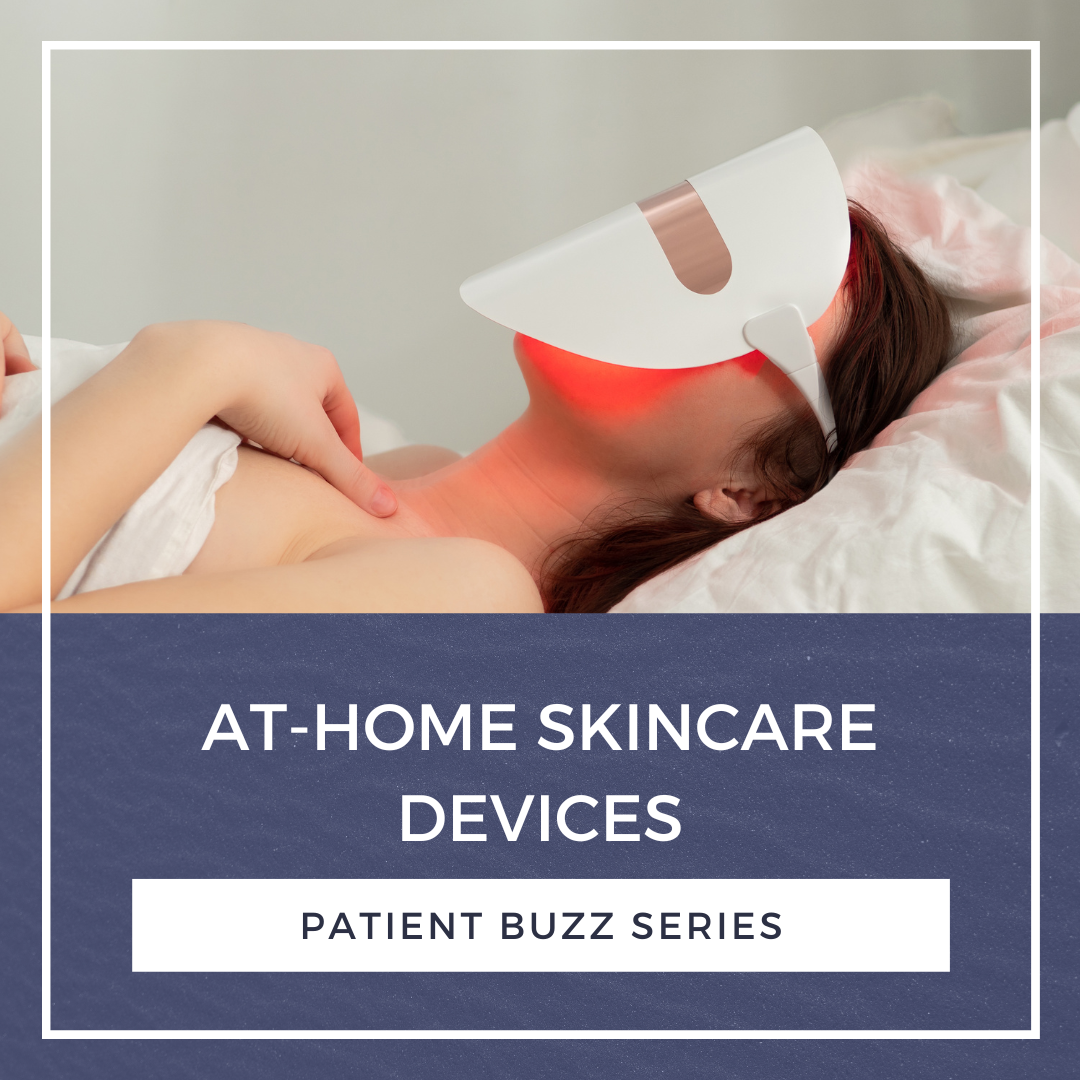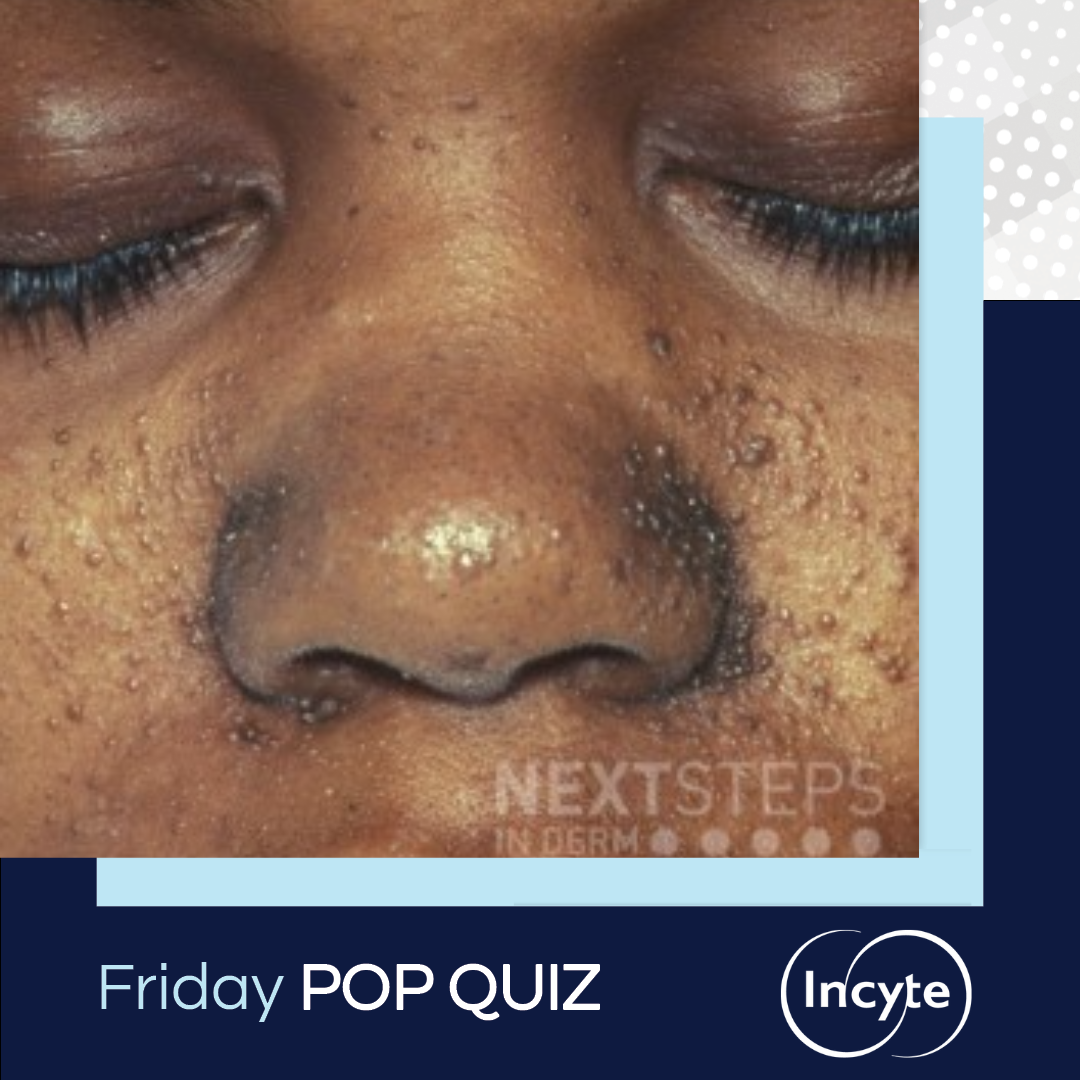Patient Buzz Series: At-Home Skincare Devices
 At-home skincare devices are now widely available to consumers, from handheld light wands for acne and wrinkles to laser hair removal devices. While no at-home device can fully mimic the benefits of in-office treatments, dermatologists spoke with Everyday Health and HuffPost about which at-home devices are worth consideration.
Dermatologist Dr. Rachel Westbay told HuffPost that consumers can us …
At-home skincare devices are now widely available to consumers, from handheld light wands for acne and wrinkles to laser hair removal devices. While no at-home device can fully mimic the benefits of in-office treatments, dermatologists spoke with Everyday Health and HuffPost about which at-home devices are worth consideration.
Dermatologist Dr. Rachel Westbay told HuffPost that consumers can us …
 At-home skincare devices are now widely available to consumers, from handheld light wands for acne and wrinkles to laser hair removal devices. While no at-home device can fully mimic the benefits of in-office treatments, dermatologists spoke with Everyday Health and HuffPost about which at-home devices are worth consideration.
Dermatologist Dr. Rachel Westbay told HuffPost that consumers can us …
At-home skincare devices are now widely available to consumers, from handheld light wands for acne and wrinkles to laser hair removal devices. While no at-home device can fully mimic the benefits of in-office treatments, dermatologists spoke with Everyday Health and HuffPost about which at-home devices are worth consideration.
Dermatologist Dr. Rachel Westbay told HuffPost that consumers can us … Continue reading "Patient Buzz Series: At-Home Skincare Devices"









 Next Steps in Derm, in partnership with ODAC Dermatology, Aesthetic & Surgical Conference, interviewed Dr. Terrance Keaney, assistant clinical faculty of dermatology at GW School of Medicine and Health Sciences, and Howard University. Watch and find out why the FDA and Department of Justice are giving more attention to regenerative medicine in recent years. Learn how the FDA views platelet-ri …
Next Steps in Derm, in partnership with ODAC Dermatology, Aesthetic & Surgical Conference, interviewed Dr. Terrance Keaney, assistant clinical faculty of dermatology at GW School of Medicine and Health Sciences, and Howard University. Watch and find out why the FDA and Department of Justice are giving more attention to regenerative medicine in recent years. Learn how the FDA views platelet-ri …  A 44-year-old man with a history of diabetes, hypertension, and major depressive disorder presents to the office with the eruption shown for several months. The lesions are also all across the patient's back and have not resolved with twice-daily clobetasol 0.05% ointment application for 2 months. Which of the following is the most appropriate treatment?
A. Intralesional triamcinolone
B. Nar …
A 44-year-old man with a history of diabetes, hypertension, and major depressive disorder presents to the office with the eruption shown for several months. The lesions are also all across the patient's back and have not resolved with twice-daily clobetasol 0.05% ointment application for 2 months. Which of the following is the most appropriate treatment?
A. Intralesional triamcinolone
B. Nar …  Intravenous immune globulin (IVIG) is a concentrate of pooled immunoglobulins derived from plasma donors. Its unique mechanism of action expands the utility of the medication to a variety of conditions. We continue our series, Therapeutic Cheat Sheet, with a closer look at IVIG, which is FDA-approved for the treatment of dermatologic conditions including dermatomyositis, Kawasaki disease, ITP, and …
Intravenous immune globulin (IVIG) is a concentrate of pooled immunoglobulins derived from plasma donors. Its unique mechanism of action expands the utility of the medication to a variety of conditions. We continue our series, Therapeutic Cheat Sheet, with a closer look at IVIG, which is FDA-approved for the treatment of dermatologic conditions including dermatomyositis, Kawasaki disease, ITP, and …  Next Steps in Derm, in partnership with ODAC Dermatology, Aesthetic & Surgical Conference, interviewed Dr. Arisa Ortiz, director of laser and cosmetic dermatology at UC San Diego Health. Dr. Ortiz shares why it’s important to set realistic expectations with patients who are seeking treatment for their acne scars. Watch as she outlines her approach for each type of scar, and shares a simple …
Next Steps in Derm, in partnership with ODAC Dermatology, Aesthetic & Surgical Conference, interviewed Dr. Arisa Ortiz, director of laser and cosmetic dermatology at UC San Diego Health. Dr. Ortiz shares why it’s important to set realistic expectations with patients who are seeking treatment for their acne scars. Watch as she outlines her approach for each type of scar, and shares a simple …